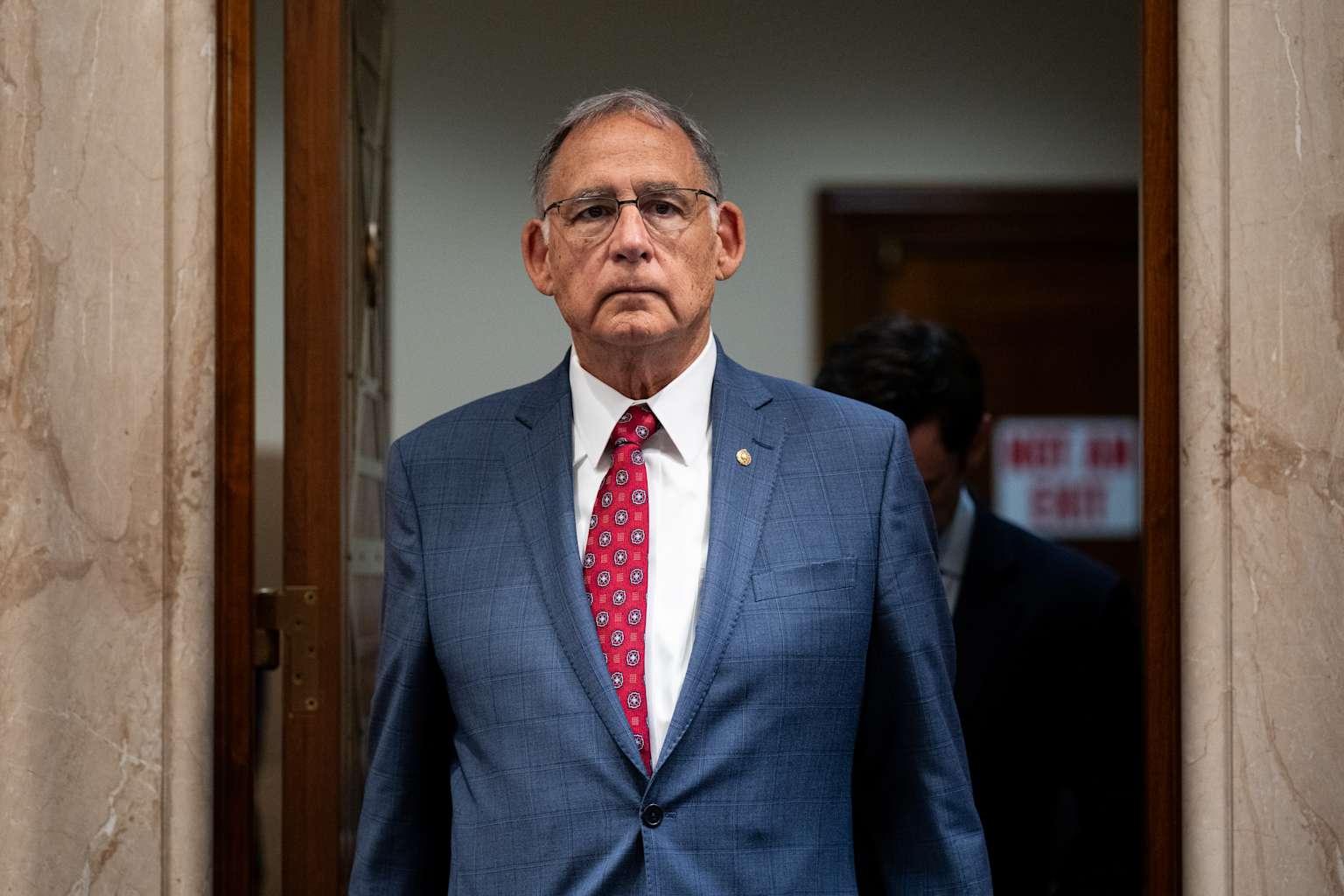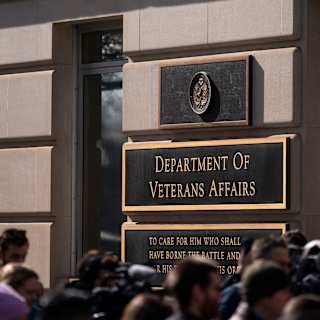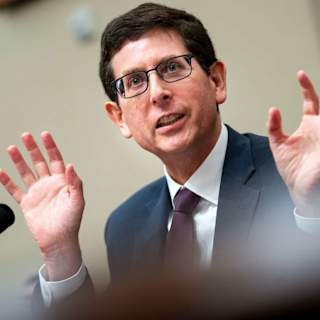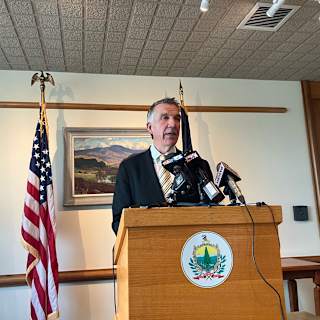- Funding Boost Amid Political Divisions
- Policy Riders Add to Opposition
- Senate Hurdles Ahead
The House on Wednesday approved a $435.3 billion spending plan for the Department of Veterans Affairs in fiscal 2026, marking the first appropriations bill passed by either chamber of Congress for the upcoming budget year. The largely partisan 218-206 vote, with just two Democrats supporting the measure, sets up a contentious battle over veterans' care as lawmakers grapple with competing visions for the VA's future.

The bill represents a substantial increase in VA spending, with the total pushing above $400 billion for the first time and exceeding the combined fiscal 2025 budgets of the Army, Air Force and Marine Corps1. The measure includes $134 billion in discretionary funding, a 4% increase from current levels, though still $1 billion short of the White House's budget request1.
The most contentious element centers on community care funding, which allows veterans to see private doctors using VA funds2. House Republicans propose $34 billion for the program, a more than 50% increase from this year's $22 billion allocation23. Republicans frame this as expanding access and reducing wait times, while Democrats warn it represents a step toward privatizing VA healthcare4.
"This bill is hurtling us down the path toward VA privatization, straight out of the Project 2025 playbook," said Rep. Debbie Wasserman Schultz, D-Fla., the ranking member on the House veterans' appropriations subcommittee4. Republicans counter that the bill demonstrates "our unwavering commitment to those who wear the uniform," according to subcommittee Chairman John Carter, R-Texas2.
Beyond funding disputes, Democrats object to several policy provisions attached to the bill1. These include restrictions on gender-affirming care for transgender veterans, limits on abortion services the VA can provide, and protections for veterans' gun rights even when appointed financial guardians1. The measure also includes $18 billion for military construction projects, a modest 3% increase2.
The bill's passage represents an early legislative victory for House Republican leadership navigating a narrow majority, but faces an uncertain path forward1. Senate appropriators must craft their own veterans' funding proposal, a process expected to extend through the summer2. The measure is unlikely to advance as standalone legislation, instead likely becoming part of a broader government funding package this fall2.
"This is a process. Whatever the bill looks like now I assure you it will look different at the end," House Appropriations Chairman Tom Cole, R-Okla., told reporters3. "But you have to start the journey. We have done that here today."



